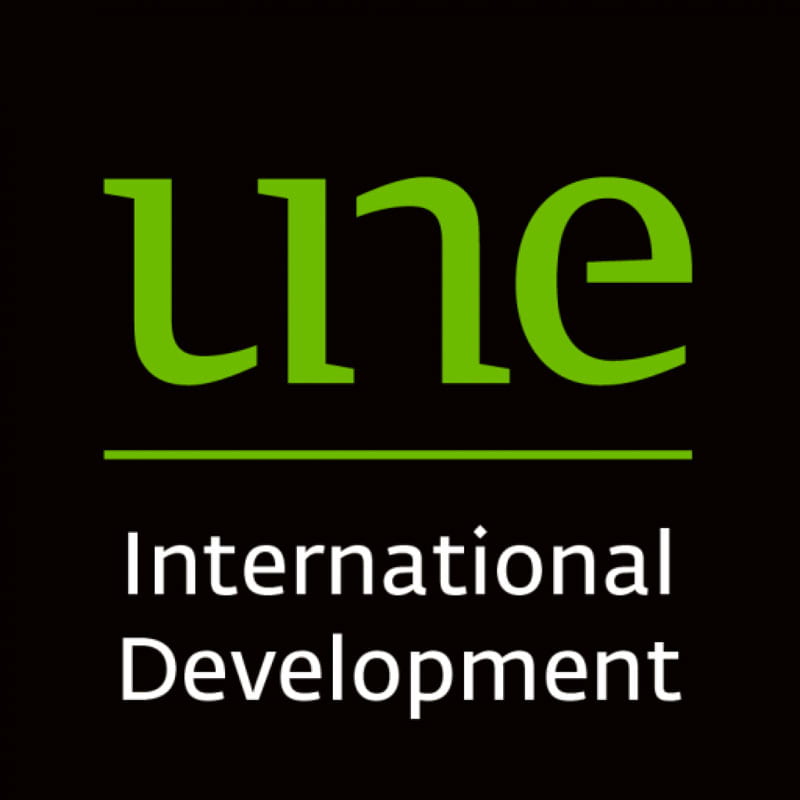With the earth’s soil as the second largest global carbon reservoir after the ocean, research on soil’s ability to sequester atmospheric carbon is of paramount importance to addressing climate change.
“My research output will be valuable to find the mechanism of ‘new carbon’ formation in the soil by pasture roots, its fate in different soil organic carbon pools, and simulation on a landscape-scale that will be implied for restoring abandoned land and contributing to a climate solution.”
Soil Scientist and PhD Candidate Roshan Babu Ojha is part of UNE’s Terrestrial Carbon Research Group at the School of Environment and Rural Science (ERS). Roshan is also Scientist to the National Soil Science Research Centre at the Nepal Agricultural Research Council. His research centre works on several national issues of soils including soil carbon formation within the emerging potential for and issues of abandoned cropland in Nepal.
Roshan has established a green-house experiment here in Australia and a field experiment in Nepal where he has planted different native and exotic pasture species. This approach matches the practice of pasture regeneration in abandoned cropland which is one of preferred options of the Nepalese farmers as a way to restore those abandoned land. Additionally, he assessed the soil organic carbon in abandoned land and other land-uses (forest, pasture and cropped land) from which he implied a modelling framework to find the change in carbon pools at landscape scale.
His research output has the potential to serve as important policy feedback especially in areas beyond Nepal where abandoned cropland can function as a pathway to building soil organic carbon through pasture regeneration.
Despite missing his wife and young daughter who remain in Nepal, Roshan shares an appreciation for his colleagues and supervisors here at UNE.
“I am enjoying UNE life with supportive peers in my Terrestrial Carbon Research Group. My supervisor Brian Wilson is very kind and cooperative who always put student’s problems at the first place. Additionally, talented and supportive administrative and technical staff makes my field and lab work very easy going.”


It is good work for SOC sequestration in abandoned land in nepal. Congrats to Mr. RB ojha.